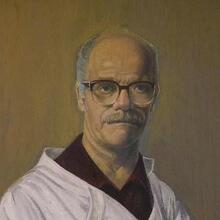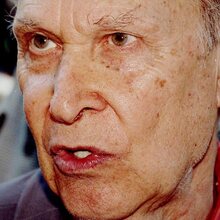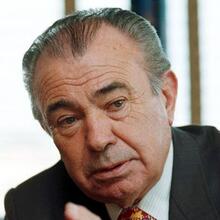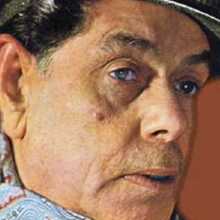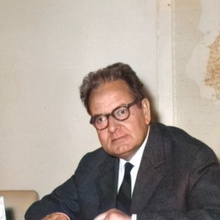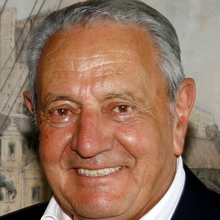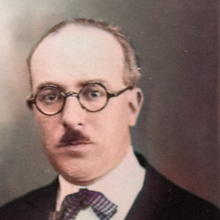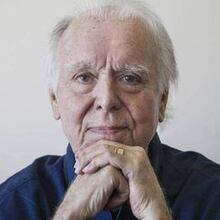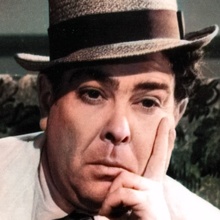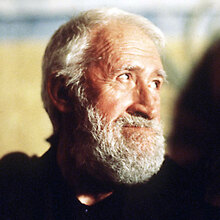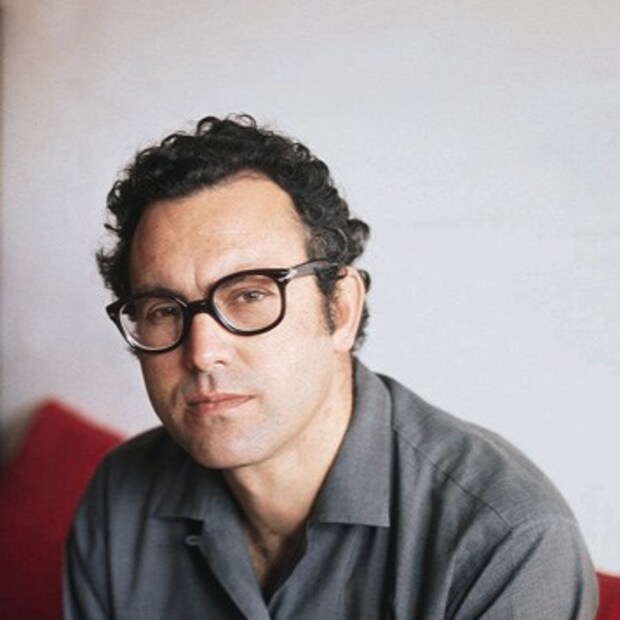
Personal
Other names:
Zeca Afonso
Job / Known for:
Folk and protest music
Left traces:
Grândola, Vila Morena and other songs
Born
Date:
1929-08-02
Location:
PT
Aveiro, Portugal
Died
Date:
1987-02-23 (aged 58)
Resting place:
PT
Setúbal, Portugal
Death Cause:
Amyotrophic lateral sclerosis
Family
Spouse:
Maria Amélia de Oliveira, Zélia Barbosa, Maria do Carmo Nogueira
Children:
José Manuel, João Afonso, António Afonso, Pedro Afonso, Francisco Afonso
Parent(s):
José Nepomuceno Afonso dos Santos, Maria das Dores Dantas Cerqueira
QR Code:
Show More
Rank
Users ranking to :
Thanks, you rate star
Ranking
5.0
1
Fullname
Jose Afonso
Fullname NoEnglish
José Manuel Cerqueira Afonso dos Santos
Slogan
The people united will never be defeated
About me / Bio:
Show More
Article for Jose Afonso
Died profile like Jose Afonso
Comments:




